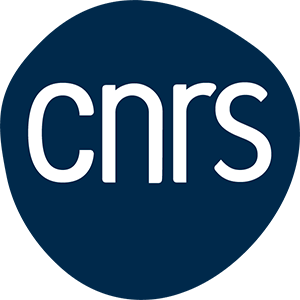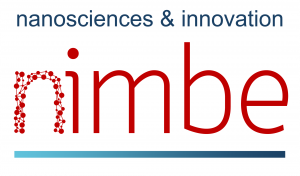Thesis
Photo- and thermocatalytic cross-coupling of esters for the synthesis of biosourced alkenes
Chemistry
The easy access to energy and carbon-based raw materials offered by the fossil feedstock allowed a rapid growth of our society. Nevertheless, the expected depletion of fossil resources and climate change, require changing for a more sustainable model. Bio-based feedstock is a promising source of carbon to substitute petrochemicals but require a drastic change of the actual model. While the current paradigm relies on the production of energy and high-value molecules through oxidation steps, a model based on Carbon Circular Economy, i.e. the transformation of CO2 and biomass feedstock that are already highly oxidized materials demands the development of new methodologies for reduction, deoxygenation, and the direct use of oxygenated bonds to access functionalized and useful organic molecules.
In organic chemistry, cross-coupling reactions represent one of the major tools to create C–C bonds. However, they are still based mainly on the use of organic halides as electrophiles. In this project, the PhD candidate will demonstrate that readily available and abundant alkyl esters can serve as electrophilic coupling partners in catalyzed cross-coupling reactions with alkenes. Esters can indeed be directly biosourced or easily synthesized from alkyl carboxylic acids and alcohols, thereby diminishing the environmental impact of the carbon-carbon bond formation.
In organic chemistry, cross-coupling reactions represent one of the major tools to create C–C bonds. However, they are still based mainly on the use of organic halides as electrophiles. In this project, the PhD candidate will demonstrate that readily available and abundant alkyl esters can serve as electrophilic coupling partners in catalyzed cross-coupling reactions with alkenes. Esters can indeed be directly biosourced or easily synthesized from alkyl carboxylic acids and alcohols, thereby diminishing the environmental impact of the carbon-carbon bond formation.
SL-DRF-26-0225
Master en chimie organique et/ou organométallique
October 1 2026
Saclay
CEA
Direction de la Recherche Fondamentale
Institut rayonnement et matière de Saclay
Service Nanosciences et Innovation pour les Materiaux, la Biomédecine et l’Energie
Laboratoire de Chimie Moléculaire et de Catalyse pour l’Energie



